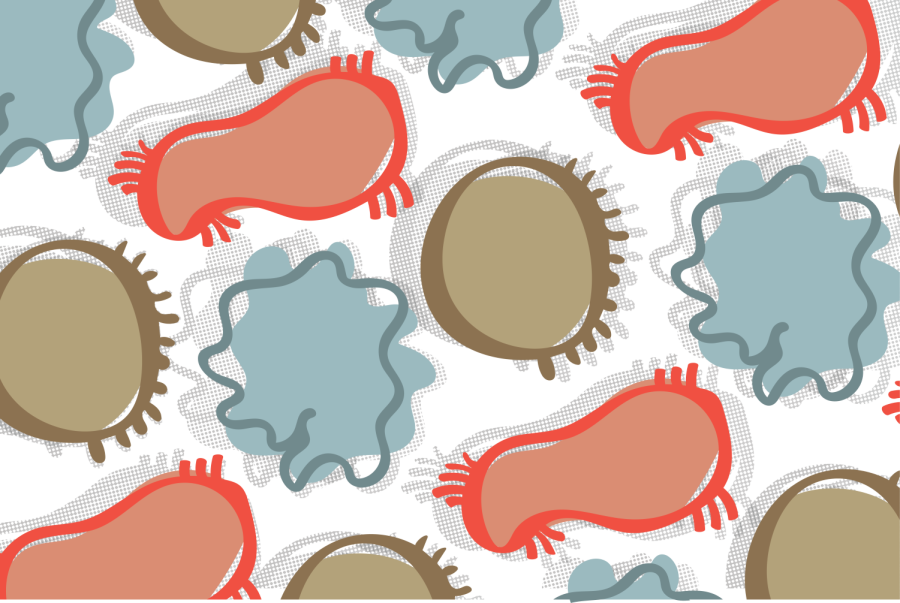University of Minnesota researchers are looking to find a cure for pediatric brain tumors, thanks to a nearly $1 million grant that begins this month.
A University research team, in a partnership with Mayo Clinic, was awarded the grant in January to study cell division errors in these tumors. No cure or effective treatment currently exists for children with gliomas, or tumors that occur in the brain and spinal cord. Researchers said by using a gene editing tool, they can eventually develop targeted therapies to treat the cancer.
“It’s one thing to figure out what went wrong, what the mutation is that causes the diseases. It’s another to try to figure out how this mutation works,” said Edward Hinchcliffe, a researcher and cell biology professor at the Hormel Institute, a University biomedical research center.
About 300 cases of this pediatric brain cancer occur each year in the U.S., Hinchcliffe said.
“It’s lethal. There’s no treatment,” he said. “From the time they diagnose a patient, there’s about a year.”
Researchers are trying to find molecular causes of the cancer and are looking for a biological mechanism, or a system that can explain how this cancer happens, Hinchcliffe said.
“Once we have that, that will lead to uncovering therapies that should have an effect. Because right now there really isn’t any,” he said.
Hinchcliffe and his research team discovered the cell division errors in a paper published in 2016, he said. The team was awarded the grant to further study these errors from the Minnesota Partnership for Biotechnology and Medical Genomics, which is a research collaboration between the University, Mayo Clinic and the state of Minnesota.
Other research on the DNA of these tumors sparked interest for the University research team, Hinchcliffe said. The research found a small mutation that is causing the defect in the histone gene, which keeps DNA strands wound.
By using a gene editing tool known as CRISPR, researchers can study this mutation more closely. “It’s a way of taking a gene that happens to be in your DNA and being able to completely remove it … and insert something else,” Hinchcliffe said.
The Hormel Institute in Austin, Minnesota has taken on students in the summer for various research projects. Past student researchers include Sela Fadness, a former student from Hamline University, and Paiton Schwab, a University second-year student majoring in nursing.
The research paper Hinchcliffe and his team published about these errors was written while Fadness was in the program observing cell cultures. “That was the first time that had ever been found,” she said.
Schwab spent the past two summers working with Hinchcliffe on this research and will use the experience to pursue pediatrics. She took photos of cells in different states and later conducted her own experiments.
David Odde, a brain cancer researcher and a University professor in the Department of Biomedical Engineering, studies cell migration in brain cancer. He said the cells in brain cancer are highly invasive, which makes it hard to treat.
“It’s just crushing to think of kids with that disease. We just don’t have any options,” he said. “I think this is an interesting new angle to pursue that may open up some new strategies for helping kids with otherwise what’s a very devastating disease.”






















